
The Bible study on “the Gospel of John” Session 1
I would like to do a Bible study today with a focus on the Gospel of John.
There are two theories about the authorship of the Gospel of John.
One is John, the son of Zebedee, one of the 12 disciples, who is known as "the disciple loved by the Lord Jesus." The other is another John who had lived in Jerusalem and later became an elder of the church.
There are four Gospels, Matthew, Mark, Luke, and John. The former three (Matthew, Mark, and Luke) are called "Synoptic Gospels" because of the similarities in their writing styles and contents.
Each author seems to have thought carefully about who their audience would be.
Matthew wrote about Jesus Christ as the "King of Judaea," so his target audience was the Jews.
Mark focuses on the Romans.
Luke emphasizes the fact that "God became man," and thus targets the Greeks.
John's theme is "the Son of God," and he addresses all the people of the world.
John wrote after the three Gospels had been written, making him the most recent Gospel (AD 85-95).
He is also the author of the Book of Revelation.
I will tell you clearly what John's purpose was in his writing and then we will study each article.
It is summed up in the words of John.
He was with God in the beginning. Through him all things were made; without him nothing was made that has been made.”
The word "In the beginning" is the same as the very first word in the Old Testament, "In the beginning, God created the heavens and the earth.”
The word translated as "word" in Greek is λογος (logos).
Logos are used in Greek philosophy to mean "principle of the universe" or "intrinsic human reason. John gives a new interpretation to this Logos as "that which makes something out of nothing and has a personal meaning.”
Why does John repeatedly emphasize the idea of words?
John is not just referring to what Jesus said, but to who He is, what He did, and what He is trying to communicate with His actions. The words refer to Jesus Christ, and the Lord's words clearly express Himself and His work.
The word expressed here is not the word we mean, but the truth was spoken by the mouth of God, and this is a word that has meaning only when we have faith. In other words, the word of the Lord is life, and life is God, which we regard as Jesus himself.
Those of you who still don't believe that there is God will probably lose a lot of motivation at this point, but I hope you will continue to follow along.
In the Old Testament period, God entrusted His Word to the prophets, who passed it on to those on earth. God and His Word have always been together. Finally, God decided to send Christ into the world and the Word became flesh and dwelt among us. In other words, the word refers to Jesus Christ.
I believe that the more deeply a scientist searches for the truth, they will believe in the existence of God beyond the real world.
Our real-world seems to be based on the assumption that we can see. However, the Bible tells us that this world is created, maintained, and completed by God.
John says that this "Word" is Christ. And John understands that Christ had been in heaven as a spirit before He was born in the flesh.
Hence he wrote, "In the beginning was Christ. Christ was with God the Father. Christ was God."
John wrote with a very philosophical expression, so it may be difficult to grasp.
However, I try to read and savor the deeper meaning of the major events of Jesus' life that follow.
Today I would like to end here as an introduction to the Gospel of John.




























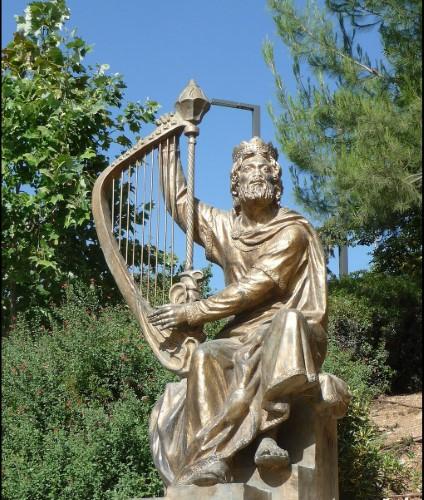




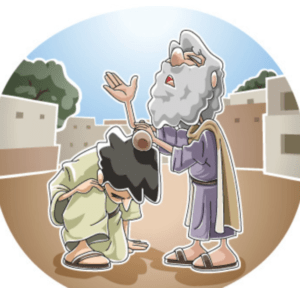





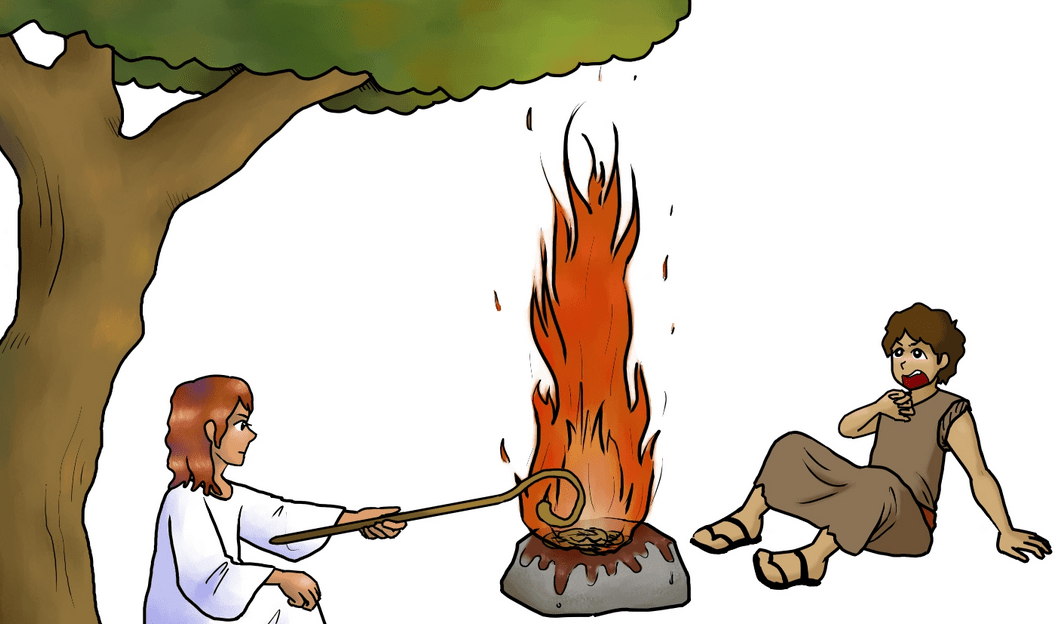

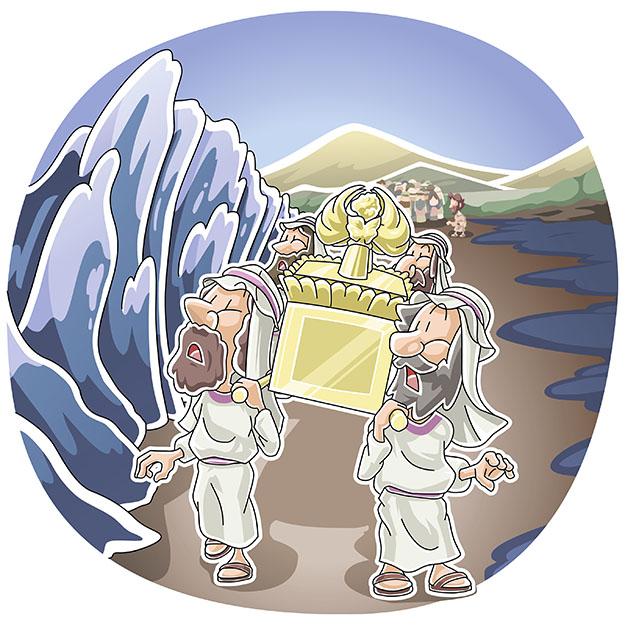










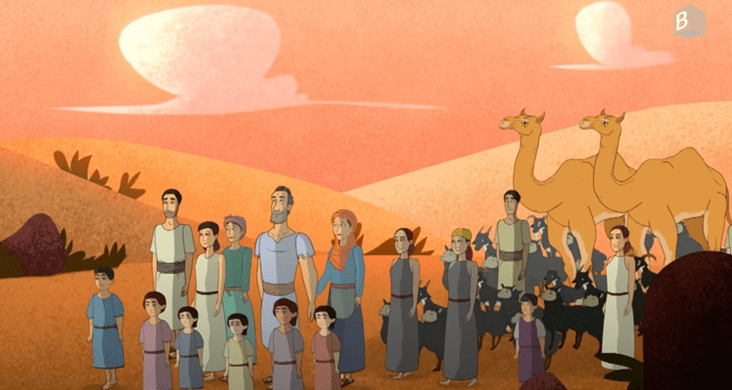


















































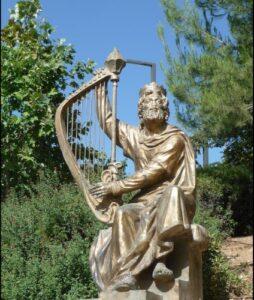

 からし種チャペルの活動に関しては、ここからお入りください。皆様のご参加をお待ちしています。
からし種チャペルの活動に関しては、ここからお入りください。皆様のご参加をお待ちしています。